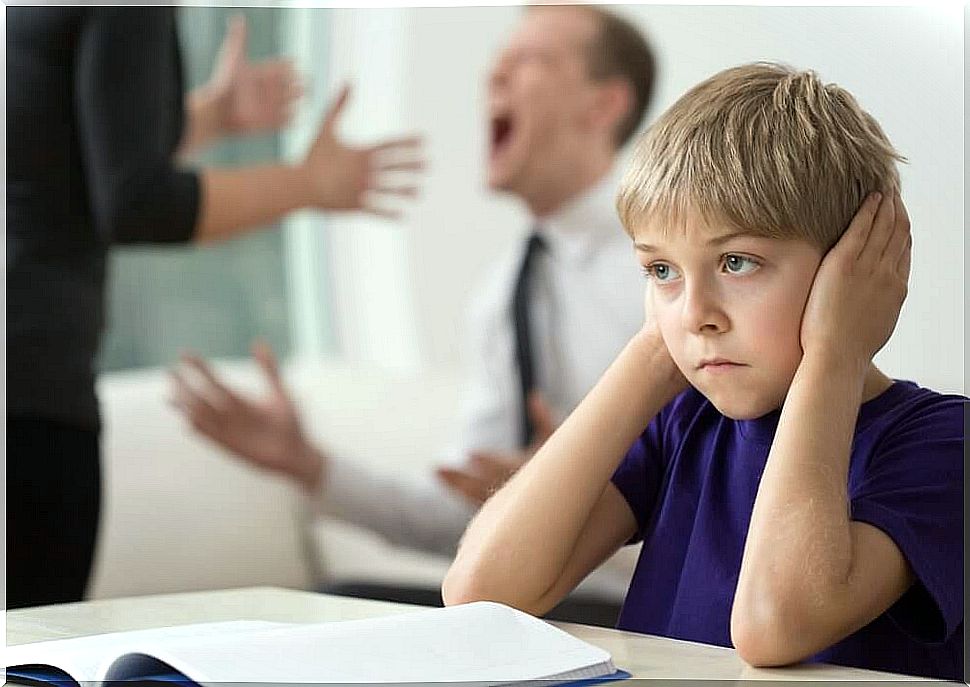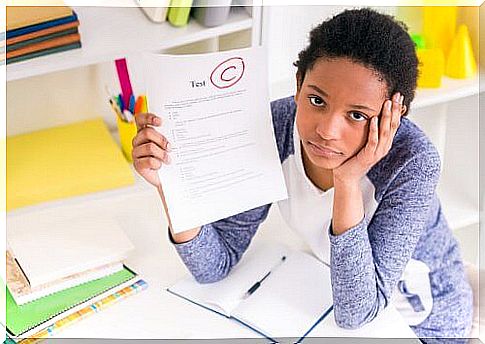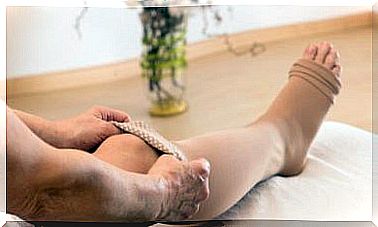How Parental Disputes Affect Children
We parents serve as role models for our children. That is why we should learn to resolve conflicts in our partnership in a peaceful and civilized manner. Otherwise, the children may adopt aggressiveness, violence and fear as habits in their own lives.

Even if a partnership is very exemplary, there will always be differences of opinion and discussions that will take place at home. But sometimes we forget that the children are around and notice everything. Parents’ quarrel can have a huge impact on their development.
In this article we would therefore like to go into more detail about the extent to which one should expose one’s children to such conflicts and what effects they can have on the child.
Domestic violence and its effects
According to UNICEF, the family is the most important social authority for the upbringing, education and protection of its members.
Even so, due to poor communication and lack of control over emotions, small differences of opinion between a couple often turn into major conflicts.
At these moments, very few people are aware that these conflicts not only hurt the parents themselves, but also the children.
In fact, experts have found that there is no place where children are so exposed to violence as they are in their family environment.
You may think that these discussions don’t concern your child after all. Nonetheless, any argument between parents , be it verbal or physical, counts as domestic violence.

It is therefore not surprising that these conflicts in the partnership influence the children indirectly but profoundly. In the following we would like to explain the reasons for this to you.
What effects does the parents’ quarrel have on the children?
Different factors influence family life. This includes both social and emotional aspects as well as familiar behavior patterns and family structures. It is precisely these things that are imbalanced by domestic conflicts.
Violence, power games, justifications and aggression are used as measures to solve problems. These arguments become a habit over time, so that family members often see them as normal.
Of course, this has negative effects on all areas of life. And especially the children are affected, who are not even to blame. In addition, they are unable to question, let alone criticize, their environment and family situation.
Below we would like to share some examples of how parents’ arguments can affect their children’s lives. These are very general and can of course vary greatly depending on the situation. You will be surprised how many different areas of the child’s life are affected.
1. Physical impact
The constant psychological stress on children who are exposed to domestic conflicts can make itself felt in their physical development.
Potential effects include stunted growth and a general delay in development. However, sleep problems, eating disorders or psychosomatic symptoms and illnesses can also occur.

2. Emotional effects
It is important to understand that children who are constantly exposed to their parents’ arguments can not develop a healthy relationship with their feelings because they use the family environment as a reference.
For example, they will find it difficult to cope with frustration and anger. Most likely, they will express this through aggression. As a result , they exercise violence against others but also against themselves.
It is just as likely that they will feel helpless and powerless in the face of traumatic experiences. This can cause them to withdraw and become fearful in their behavior.
3. Social impact
Another problem these children may experience is the inability to communicate and make friends. You avoid developing closer relationships with other people for fear of being hurt again.
The children have learned through their parents’ quarrel that they can avoid negative feelings through mistrust and restraint. Because these are usually associated with a specific memory of violence.
All of these can lead them to develop a lack of empathy, aggressiveness, or even criminal behavior.
4. Influence on cognitive skills
Often times, children who are regularly exposed to their parents’ arguments have difficulty concentrating. Likewise, they find it difficult to pay attention. Of course, their learning development and school performance suffer as a result.
On the other hand , dissociation can occur. This is understood to mean a state in which the person affected splits off parts of their perception of everyday life from their consciousness. This is a defense mechanism that reduces conflict and stress through the resulting distance from reality.
This behavior often arises after traumatic experiences and is viewed as a psychological disorder. Because in this state, not only the consciousness and the perception of what is happening can change, but also memory and identity.

5. Effects on self-esteem
When a child’s development is so disturbed by outside influences, it is very easy for them to think badly of themselves. For example, children often believe that they are to blame for their parents’ argument or responsible for the abuse.
As a result, they continue to withdraw, not only because of their anxiety, but also because of their low self-esteem.
Conclusion
Family violence is directly related to aggressive and insensitive behavior in children. If this traumatic experience is not dealt with, this does not change in later adult life either.
A person who has been burdened with conflict at an early age can endanger the safety and well-being of those around them. The affected child may later become a problem in society.
As parents, we have to take responsibility for our own actions and learn to deal appropriately with conflict situations.
Especially if we ourselves had a difficult childhood or family life was marked by violent behavior, we must not pass these problems on to our own children.
No, we have to change such behavior patterns and solve our relationship problems in a civilized and loving way.
If it is difficult for you and your partner, a therapist can help you if necessary. The health and wellbeing of your children should be worth it to you. Because all children should be allowed to grow up happy and carefree.








